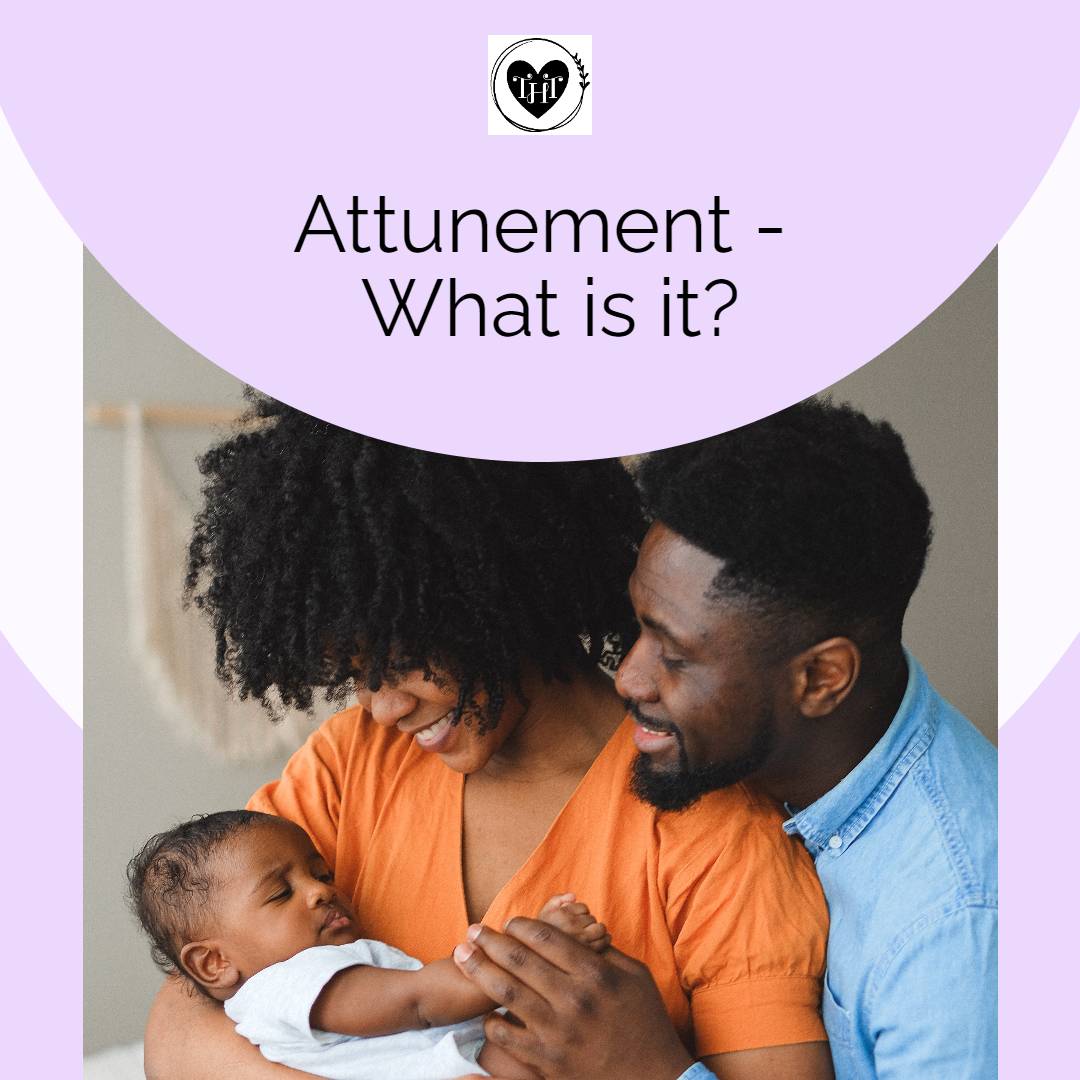
Emotional attunement is the process of being aware of and responding to the emotions of another person. Our first experiences of emotional attunement and emotional communication start at birth. Simply put, in our very first human interactions while we are infants, when a caregiver responds to us in a calm and nurturing demeanor, we feel safe and cared for.
What does it mean?
Emotional attunement is a necessary component in the complicated emotional dance that humans create to form close relationships with one another. As mentioned, the first experiences we have while we are infants influence us greatly. No pressure here, but we are depending on our caregiver’s ability to pay careful attention to our cries, our facial expressions, and body language, and correctly interpret what it is that we might need or how we might be feeling. Then, If they are able to respond appropriately, and comfort us, they have set in motion, what we begin to recognize as, “getting our needs met”. More specifically, and just as important, getting our emotional needs met. Our caregivers are “attuned” to our needs when this can be established.
Why is it important?
Emotional attunement is a super essential component of human interaction that allows us to feel close and connected to others. Because of this, as you might suspect, emotional attunement is an integral component in the foundation that relationships are built on. The very seeds if you will, that are planted when you are laboring to create a sprout of emotional intimacy that can one day fully blossom.
How does it apply to my relationships?
In a romantic relationship, emotional attunement enables you to have a deeper understanding of your partner. When you understand your partner on a deeper level you are able to connect in a meaningful and intimate way. Having this kind of connection allows your relationship to grow and flourish, you are “in tune” with each other, in many ways. Having a high level of attunement in your relationship can circumvent relational conflicts, as you are able to understand each other and truly see the other’s point of view. You are interconnected emotionally, this level of emotional attunement in your relationship involves working towards addressing your emotions together as a “team.”
Attunement in parent/child relationships...
Children need attunement from their caregivers to feel safe and secure, as we already covered. We are visiting this again briefly to reiterate the importance of our first experiences, they become a part of our emotional foundation and impact our overall emotional development. Our ability to be compassionate and empathic toward others, for example, is directly a result of our experience of attunement from our caregivers.
Attunement in therapy...
Attunement in psychotherapy alludes to the ability of your therapist to pick up on the subtle variations of your responses, the nuances of your story, your tone of voice, facial expressions, and the little “hints” that you may be leaving that others could miss. If your therapist in response to all that you are communicating verbal and non, can respond in a way that accurately captures the essence of how you are feeling; in that moment, when this is happening, you feel seen. You feel heard. Even more than that, you feel as if your therapist understands your experiences and values you.
Stay tuned for part two when we cover how you can refine attunement in your personal relationships and how to strengthen self-awareness through self-attunement next month!
